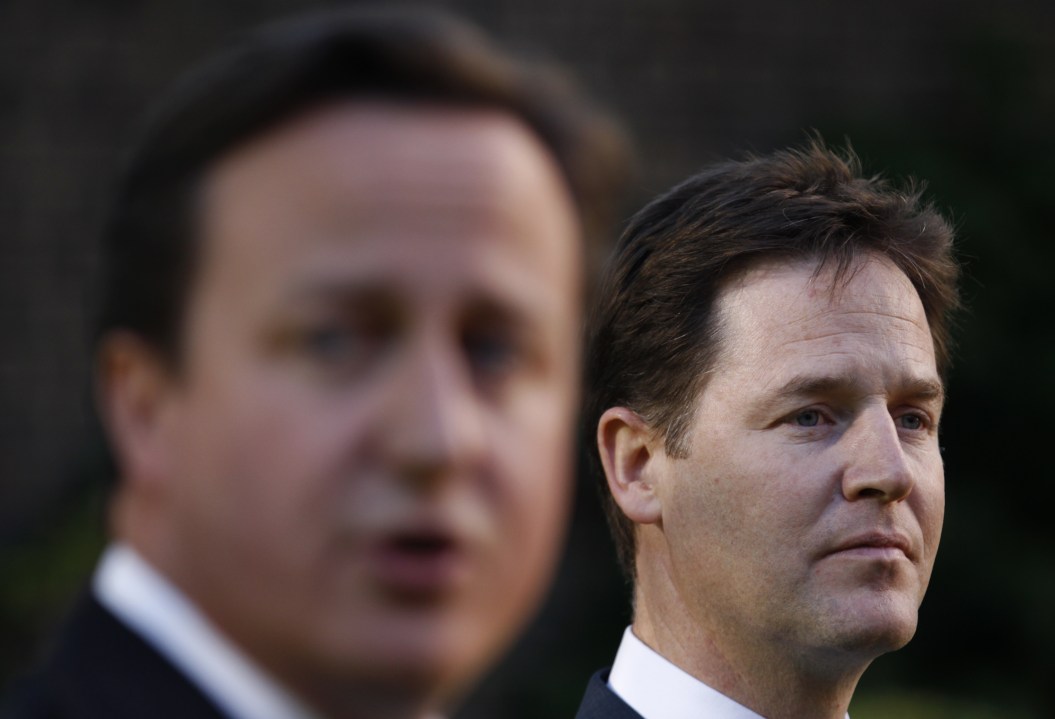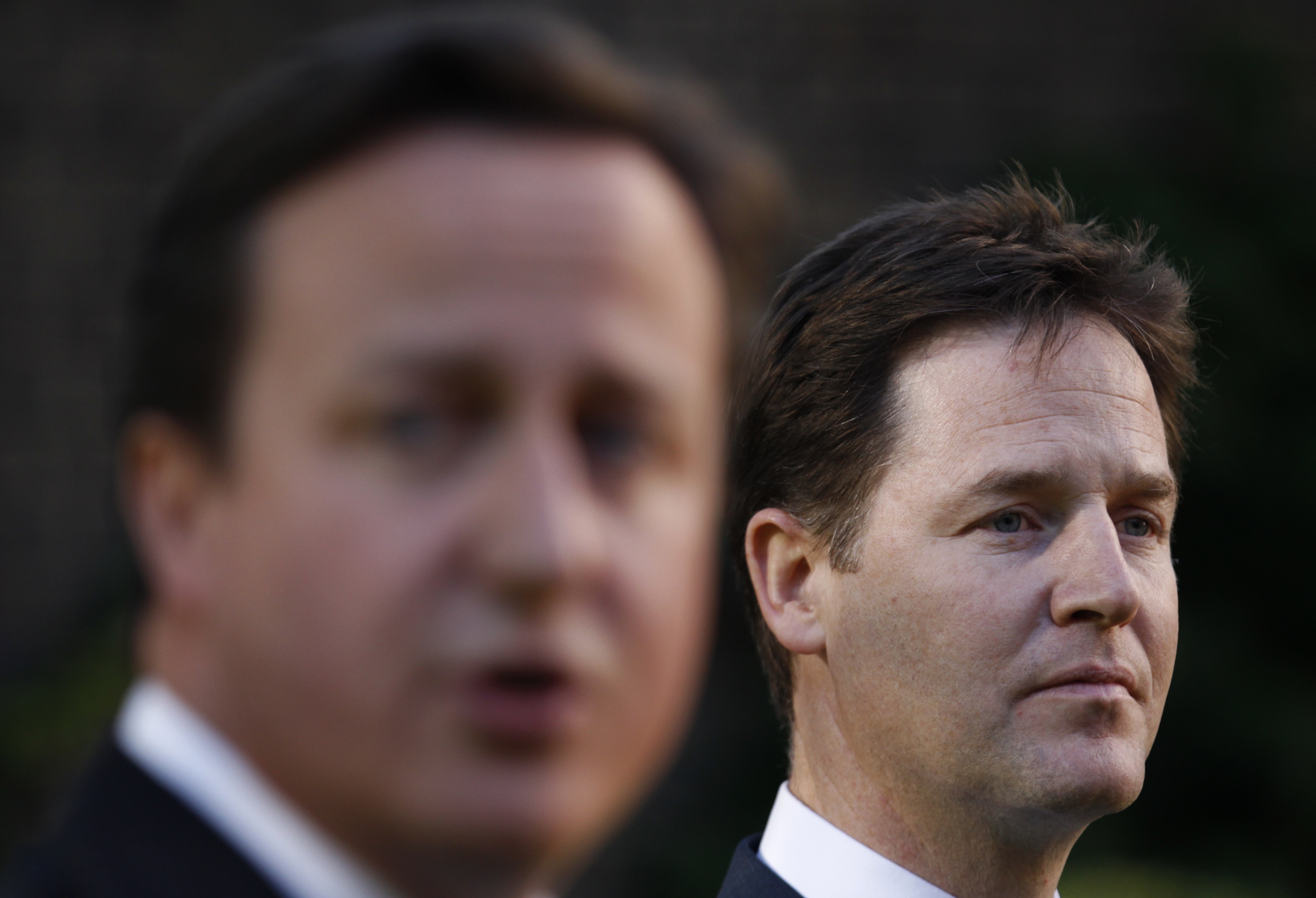 On Monday, I wrote that the question of whether the Budget is fair or not will “pursue the coalition more doggedly than any other”. Yesterday, we saw just
how dogged that pursuit will be. But there’s no need for the coalition to panic as Mark Hoban did on the Today Programme yesterday. Instead, with policies from welfare reform to low taxes for
low-income earners, they have built a firm redoubt from which to stage a counterattack. They can put the chase to their opponents.
On Monday, I wrote that the question of whether the Budget is fair or not will “pursue the coalition more doggedly than any other”. Yesterday, we saw just
how dogged that pursuit will be. But there’s no need for the coalition to panic as Mark Hoban did on the Today Programme yesterday. Instead, with policies from welfare reform to low taxes for
low-income earners, they have built a firm redoubt from which to stage a counterattack. They can put the chase to their opponents.
It is encouraging to see Nick Clegg do just that with an effective article in the FT today. He was bluntly
dismissive of the IFS report yesterday, calling the organisation’s work “partial”. Here, he is more measured, developing the first point that I raised on Monday – that the graphs
don’t show the whole picture. The Deputy Prime Minister is worth quoting, at length, on this:
This is an important argument which comes at a defining moment. As James said last night, Labour cannot have a monopoly on words such as “fair” and “progressive” – and neither can it be allowed to define what they mean in policy terms. After all, the Labour position is hardly consistent. If redistributional graphs are the be all and end all of policymaking, then where does that leave their stance on middle-class benefits? Restricting universal benefits is likely a “progressive” measure if you judge these things simply on how much money people are getting.“But there is a bigger problem with the [IFS] analysis: it measures the impact of the Budget solely on the basis of how much money people could be receiving from and giving to the state at a single moment. This is a definition of fairness championed for the past decade and a half by the Labour party. It led Gordon Brown, as chancellor and as prime minister, to set statistical tests, based often on somewhat arbitrary measures, so that all government policy was dedicated to shifting people from just below to just above a line on a chart, sometimes only by a couple of pounds, with little evidence that it made any difference to their long-term chances in life. Distributional analysis of the impact of taxes and benefits has an important role to play; we were the first government to include such analysis in our Budget. But we recognise that it only tells part of the story. In the real world, things are more complex than that. Imagine a workless couple living on £5,000 a year in benefits, currently categorised in the bottom decile. If we increase their benefits by £5 a week, they are £5 a week better off. In the language of the IFS, this counts as fairness, because overall the bottom decile has a little more money, and clearly it is a good thing that the couple have an extra £260 a year. But imagine the government helps that couple find work. Now they have a shared income of £20,000 a year and fit into the fourth decile. This, in IFS-speak, is not fairness, because the government has not changed anyone’s taxes or benefits. The fact that this couple’s lives are better disappears from the statistics the very second those improvements happen. You cannot measure poverty with a snapshot because people’s lives last longer than a single second. If you want to measure genuine fairness, the question to ask about government policy is what its dynamic effects are, particularly across the generations. How does it change the future course of people’s lives? How does it increase their opportunities? Will it unlock the poverty trap or deepen it? This government is having to make difficult choices in order to cut the deficit. But over time, those changes will help the economy to grow and create opportunities that would be destroyed if we allowed borrowing to continue unchecked. There is nothing fair about ducking decisions and burdening the next generation with debt.”
The government helped prime this trap by placing so much stock in its own version of the IFS analysis at the last Budget. These graphs were treated not as one useful measure among many others, but as the measure above all others – and the result is the battle we see today. But at least the coalition has responded decisively and with some degree of intellectual self-confidence. The question now is whether that is enough to persuade the public.







Comments